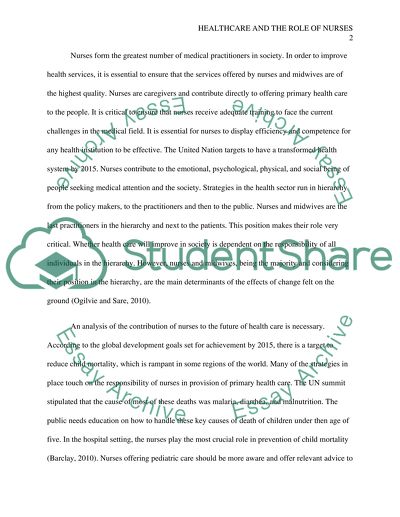Cite this document
(“The future of helthcare depends on the role of nurses Research Paper”, n.d.)
Retrieved from https://studentshare.org/nursing/1393682-trends-and-issues
Retrieved from https://studentshare.org/nursing/1393682-trends-and-issues
(The Future of Helthcare Depends on the Role of Nurses Research Paper)
https://studentshare.org/nursing/1393682-trends-and-issues.
https://studentshare.org/nursing/1393682-trends-and-issues.
“The Future of Helthcare Depends on the Role of Nurses Research Paper”, n.d. https://studentshare.org/nursing/1393682-trends-and-issues.


